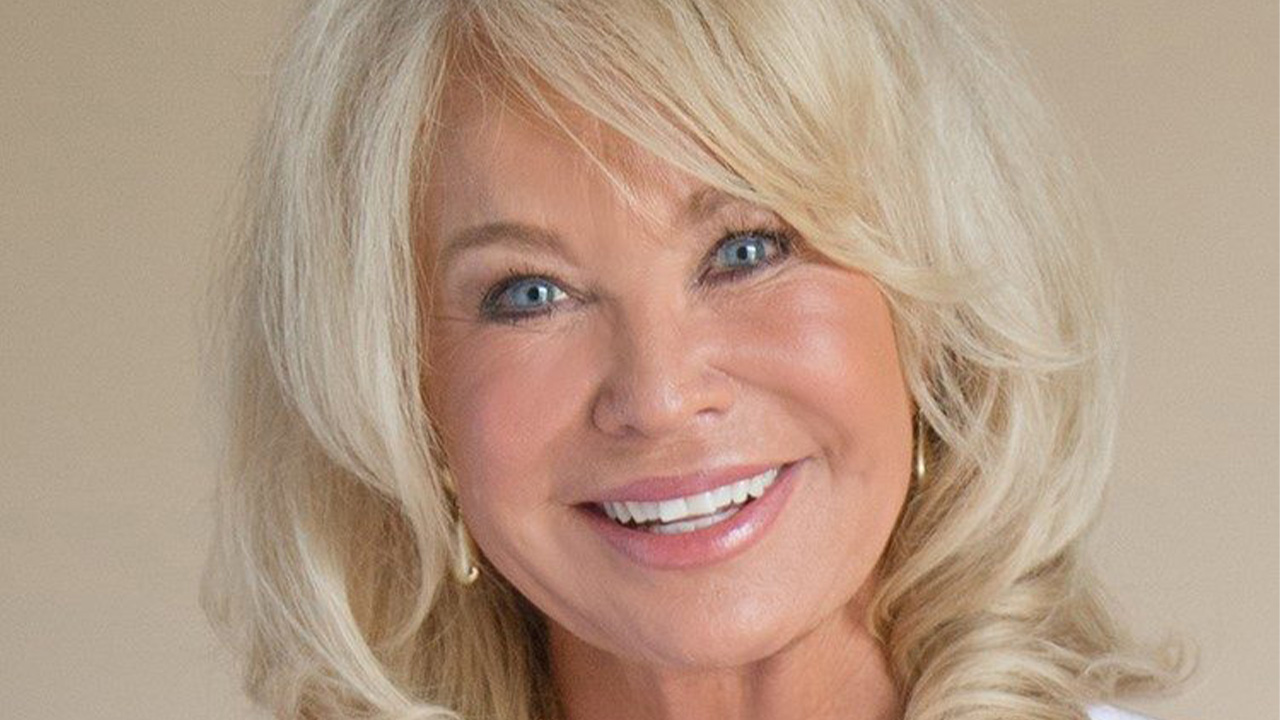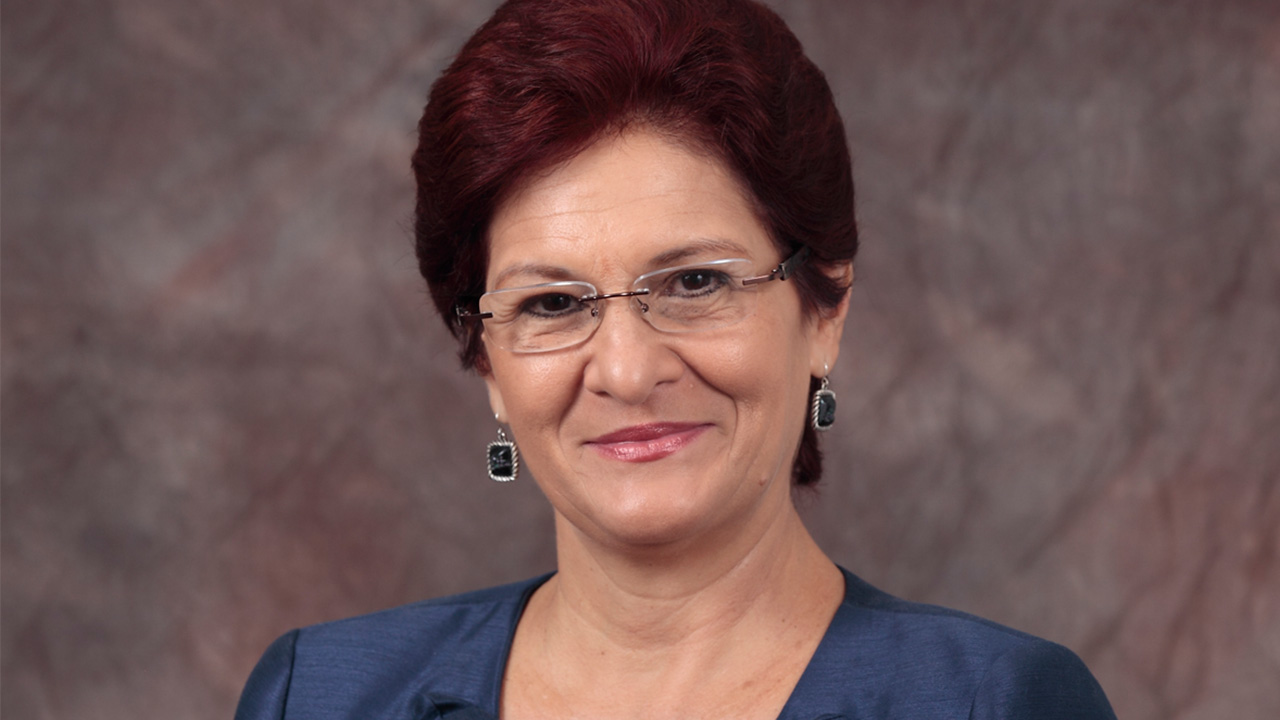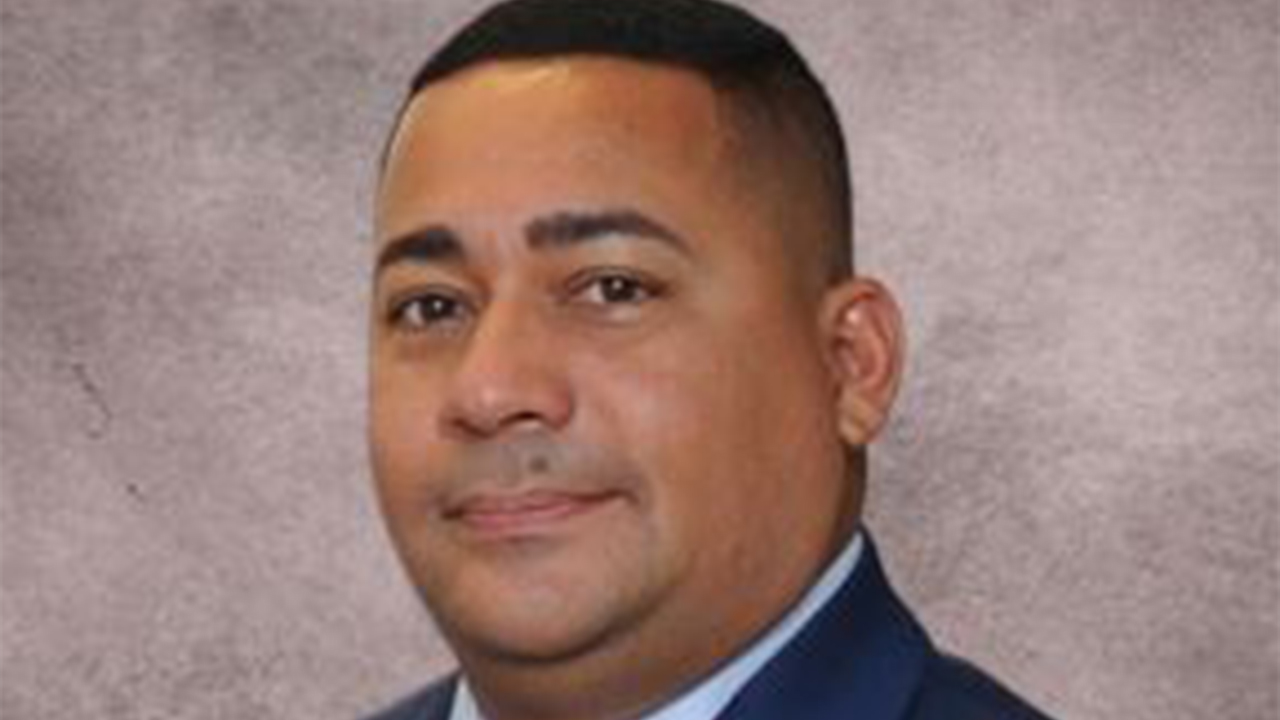Victoria Sobrino-Sanchez, BCBA CAS, Vice President of Behavioral Services at Therapies 4 Kids
5 Clinics in South Florida
Weston
Pembroke Pines
Coral Springs
Boca Raton
Coral Gables therapies4kids.com
Have you noticed that your child would rather play on their own than interact with others or play a game? Developing social skills will help your child to fit in in many social opportunities or events. For example, starting from simple turn taking with a peer to negotiating the best Pokémon card. Most children with autism have a desire to have friendships but lack fundamental social skills.
What skills could you teach? For young children, we can start with imitation skills which is watching a peer and doing the same gross motor activity. Play skills could be sharing a toy or taking turns on a swing. Conversational skills such as asking questing, choosing and remaining on topic or using appropriate body language, are very crucial when it comes to communicating with friends. For older children developing problem-solving skills, and understanding social situations is vital. For example, there is a birthday party that your child was not invited to or their best friend ignoring them in a cafeteria. Would your child be able to deal with those situations appropriately and resolve the conflict effectively? Let’s talk about strategies to facilitate social skill development.
Model social interactions and practice at home. There are many natural opportunities in our daily life, friends and family, which can be a great opportunity to model and encourage appropriate social skills. It can also create a special bond. Don’t forget to use your child’s special talent, humor, memorization skills or love for music for a chance to shine and be viewed as competent, talented or interesting. Video modeling and social stories are also effective tools with explaining social rules. Social skills training can help your child make friends, learn from others, develop hobbies and succeed in life.













